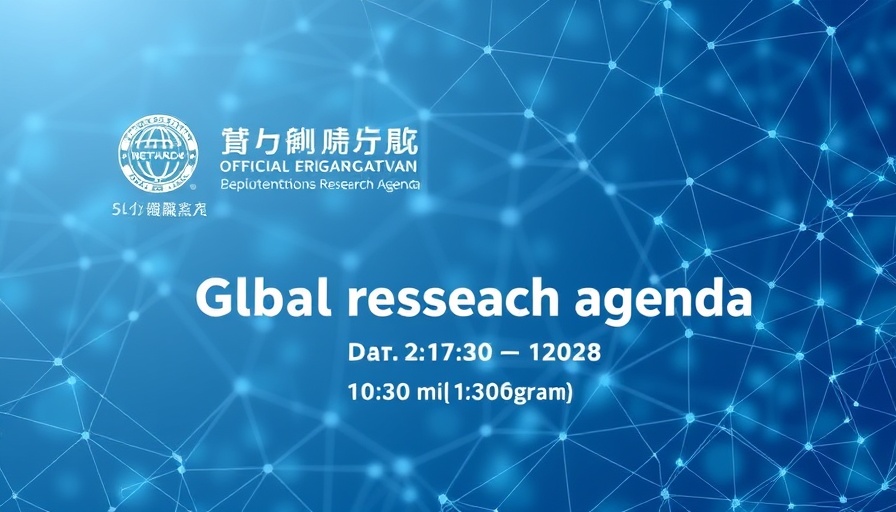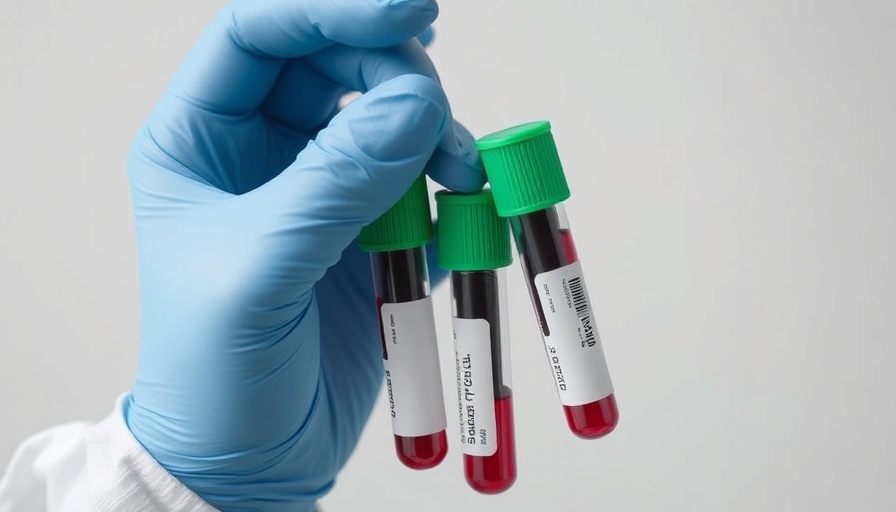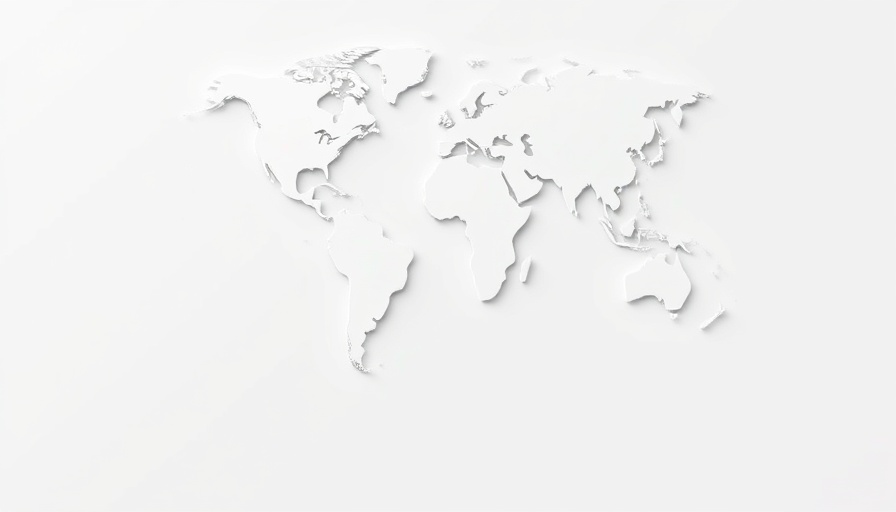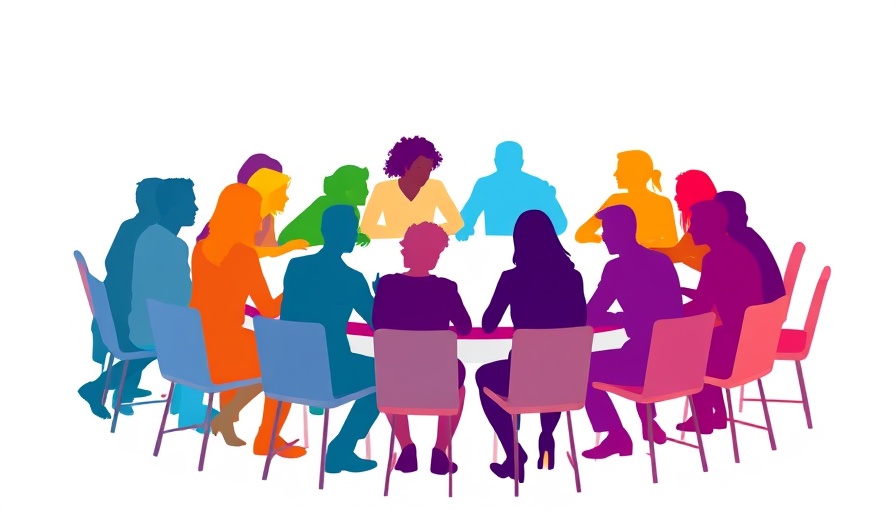
WHO's Commitment to Knowledge Translation
The World Health Organization (WHO) is set to launch a vital Global Research Agenda on Knowledge Translation and Evidence-Informed Policy-Making on May 15, 2025. This initiative is the result of two years of collaboration among 130 experts spanning civil society, academia, government institutions, and international organizations from over 40 countries. Together, they have crafted a research agenda intended to bridge the gap between scientific evidence and health policy, especially amid a landscape plagued by misinformation and public distrust.
Understanding Knowledge Translation
Knowledge Translation (KT) refers to the process of promoting the use of research findings in decision-making within policy-making contexts. The importance of KT has been magnified in recent years, particularly during global health crises, such as the ongoing pandemic. Misinformation has surged, making it imperative for health authorities to solidify public trust and promote scientifically supported policies. According to WHO, the initiative aims not only to highlight research priorities but also to encourage stakeholders to engage in the process of disseminating research insights.
The Role of Collaborative Development
The Global Research Agenda was born out of extensive consultation and inclusion of diverse perspectives. The collaborative development approach acknowledges the contributions of multiple stakeholders and aims to democratize access to health information. This is crucial for ensuring that evidence-based practices are reflective of the needs of a broad range of populations.
Promoting Engagement and Participation
One of the expected outcomes of the launch event is increased engagement from various sectors, including researchers, policy-makers, and global funding agencies. This collaborative effort seeks to ensure that all voices are heard and important health considerations are addressed. By actively involving these groups, WHO aims to create a cohesive ecosystem that supports high-quality KT research.
Addressing Fragmentation in Research Efforts
Despite the clear need for coordinated KT efforts, current global initiatives often suffer from fragmentation. This disjointedness can lead to duplicated research or important areas being undervalued. WHO recognizes that without clear guidance and strategic funding, critical research areas may be overlooked. Therefore, the research agenda aims to coordinate efforts better and provide a roadmap for future endeavors.
Why This Matters Now
In an era defined by rapid environmental change and multi-faceted health crises, the need for informed policy-making is more significant than ever. As governments grapple with issues like pollution, deforestation, and the potential for new disease outbreaks, aligning policy with evidence-based research becomes paramount. The WHO’s new initiative is a step towards ensuring that all stakeholders can access crucial health information, ultimately fostering healthier communities worldwide.
Future Trends and Predictions
As the agenda unfolds, we can anticipate a stronger emphasis on health literacy programs tailored to both professionals and the public. This aligns with global efforts to combat misinformation and build resilience against future health crises. Engaging local communities in research will likely become a cornerstone of the WHO’s efforts as it pushes for localized understanding and uptake of global health policies.
Next Steps for Participants
Participants at the launch event will learn how to continue contributing to the research agenda’s goals and implement its recommendations. Keeping the lines of communication open among stakeholders will be crucial in fostering a culture of evidence-informed policy-making.
Overall, this new agenda is not merely a guideline for research; it's a foundation for potentially transformative changes in public health policy. It underscores the importance of actionable knowledge in improving health outcomes and ensuring that vulnerable communities are prioritized in health interventions.
Call to Action
If you’re passionate about influencing health policy, consider attending the WHO's launch event on May 15, 2025. By participating in this initiative, you can help contribute to meaningful changes in how health policies are developed and implemented. Together, we can support the ongoing effort to enhance global health through informed decisions based on solid evidence.
 Add Row
Add Row  Add
Add 




 Add Row
Add Row  Add
Add 

Write A Comment